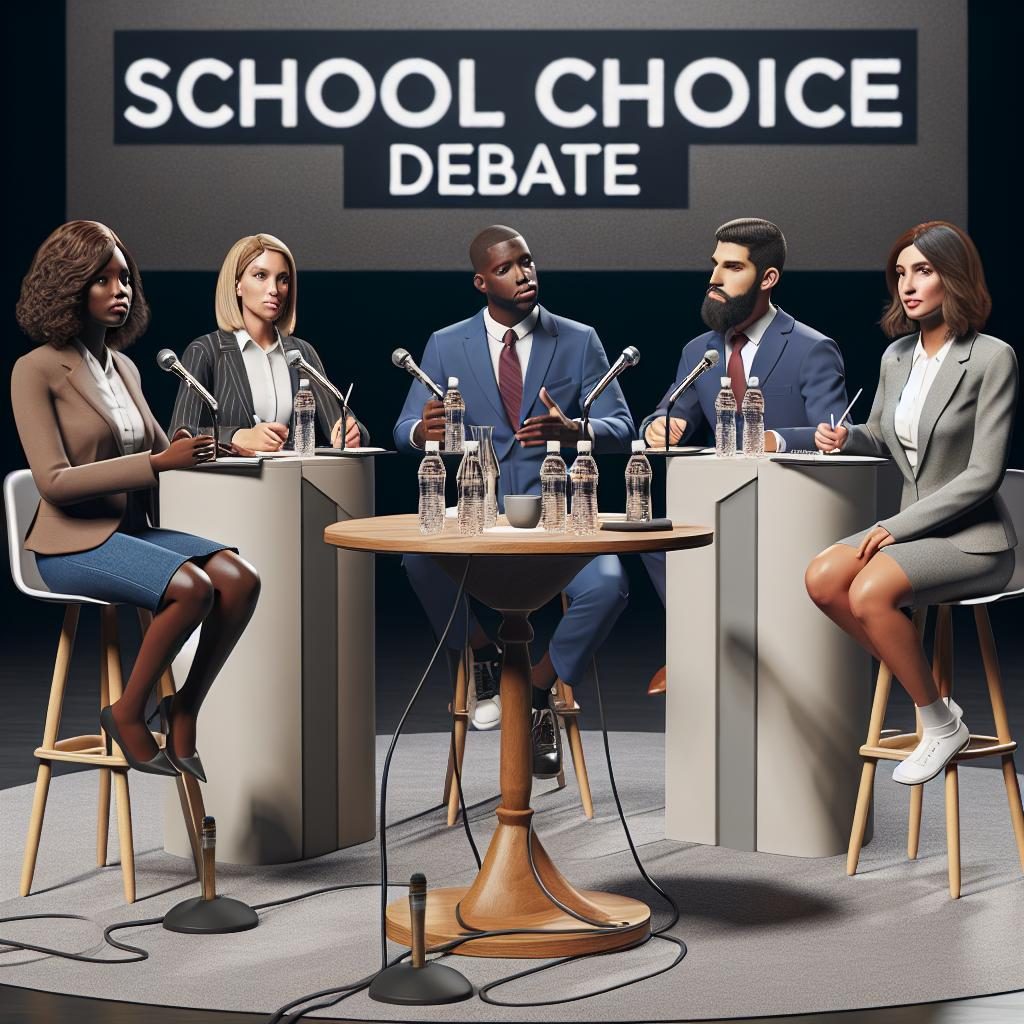Columbia, S.C. – Governor Seeks Review of School Voucher Program Ruling
In a significant twist to South Carolina’s educational landscape, Governor Henry McMaster is urging the state’s Supreme Court to take another look at a recent ruling that dealt a blow to a controversial school voucher program. This request, filed late Thursday, comes just two weeks after the court ruled against a crucial piece of the Education Scholarship Trust Fund, which was designed to assist struggling families with educational expenses.
A Glimpse into the Voucher Program
The Education Scholarship Trust Fund program aims to provide families with a yearly scholarship of up to $6,000 to cover various school-related costs. However, this initiative is particularly focused on those with lower incomes, hoping to alleviate some of the financial burdens associated with education. A recent study revealed that almost 20% of children in South Carolina come from families who have faced work challenges due to child-care issues, highlighting the need for such support.
Unfortunately, the program hit a snag when the Supreme Court ruled in a 3-2 decision that allowing these public funds to be used for private school tuition is unconstitutional. The court pointed to a provision in South Carolina’s constitution that forbids state funds from directly benefitting private and religious schools.
The Governor’s Argument
Governor McMaster isn’t taking this ruling lightly. He argues that the court’s decision is “fundamentally flawed,” suggesting that the scholarships should be considered an indirect benefit to private schools rather than a direct one. “The legislature worked very hard on determining a way to ensure this would be deemed an indirect benefit. Of course, it’s limited only to lower-income families, and it’s not unlimited in number either,” McMaster mentioned during a press conference after submitting his request.
He emphasizes that many families have already begun to utilize this scholarship money for various educational expenses, and they still have options available despite the court’s decision. Families can still spend the funds on necessary items like tutoring, textbooks, and even tuition costs for public schools that charge fees, making the fight over the vouchers even more pressing for those in need.
The Legislative Response
It’s worth noting that the push from the governor isn’t being universally supported. Just a day before McMaster’s filing, key Republican leaders in the state legislature declared they would not back his request for a rehearing. Senate President Thomas Alexander and House Speaker Murrell Smith stated they aim to address the matter when lawmakers reconvene in January. This divergence in perspectives highlights the complexity of educational funding and the various interests at play within the state.
What’s Next?
As the state gears up for another legislative session, the future of the Education Scholarship Trust Fund continues to hang in the balance. Will the Supreme Court agree to a rehearing? And, if so, what changes could be implemented to satisfy the legal criteria while still aiding families in need? With nearly 3,000 participants in the program already and a considerable number relying on these resources, both the court and the legislature must navigate carefully to find a solution that supports South Carolina families and their educational needs.
In the coming weeks and months ahead, it’s clear that this issue will remain a focal point for discussions about educational equality and opportunities in the state. Stay tuned for updates as this story unfolds.


























